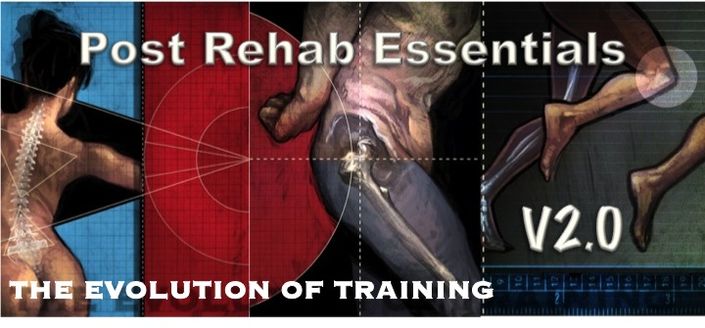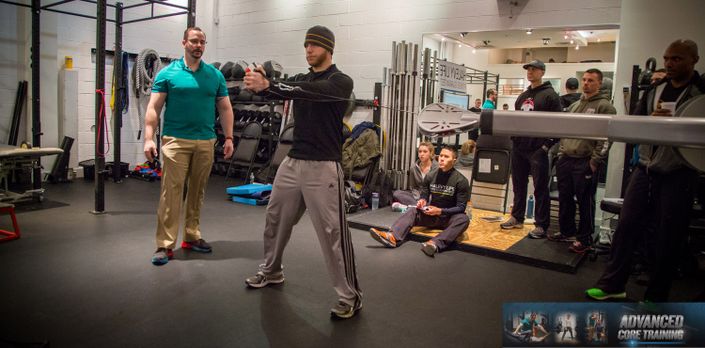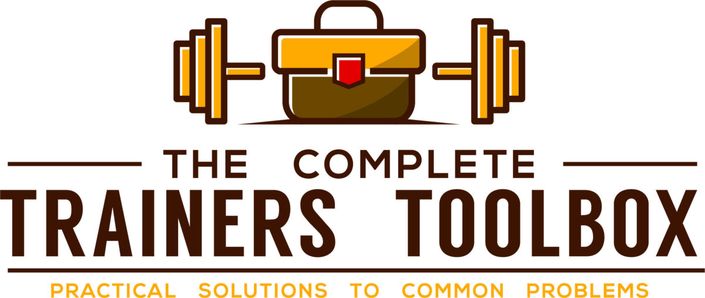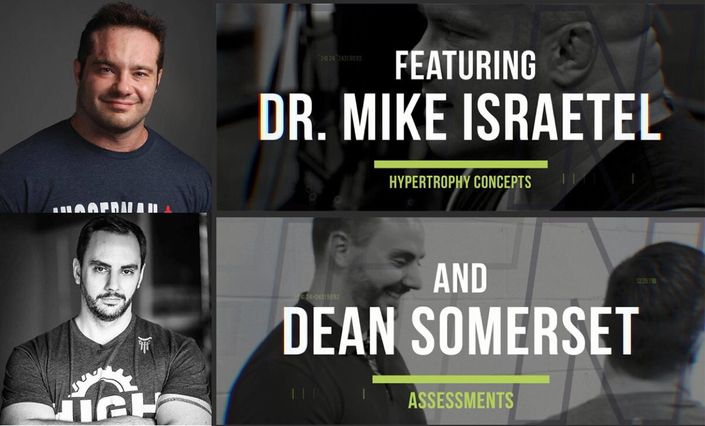
Learning Objectives
Understand the needs of each client or patient you see, plus direct ways to address their specific concerns regarding mobility training
Identifying specific limitations to mobility, and how they may be affecting the goals of the individual you’re working with.
Appropriate use of tools such as long-hold static stretches, contract/relax modalities, eccentric overloads, loaded end ranges, and positional isometrics
Effectively coach different modalities mentioned above for improvement of shoulder and hip function, specifically
Programming considerations for mobility, including when to move on from mobility training to more advanced modalities in strength & conditioning, plus when to return focus back to mobility training within a training calendar.
Key Concepts
This 5 hour webinar video series will dig into the following concepts:
Differentiation of tissue responses to common mobility modalities
Individual anatomic variations and assessments, changes in adaptation over aging
Neurovascular responses to force applications in mobility training scenarios
Research-based best practices to see specific mobility improvements depending on affected tissues
Application of mobility methods (practical section)
Example Curriculum
Handouts
Available in
days
days
after you enroll
Video 1
Available in
days
days
after you enroll
Video 2
Available in
days
days
after you enroll
Video 3
Available in
days
days
after you enroll
Video 4
Available in
days
days
after you enroll
Video 5
Available in
days
days
after you enroll
Exam
Available in
days
days
after you enroll
Continuing Education Credits
This course is worth 0.6 CEUs, or 6 contact hours through the NSCA. If you have other certifications you can use this course to petition for continuing education credits through your organization.

This course is for you if:
- You want to get more specific improvements in mobility training for your clients or patients
- You want new approaches to improving tissue-specific mobility
- You want to see a live, layered approach to working through common problems like limited overhead shoulder mobility, tight hip flexors, and more
- You want a systematic approach to assessing, programming, and training to see better mobility results than ever before

Don't Forget These Other Great Products
Check your inbox to confirm your subscription





